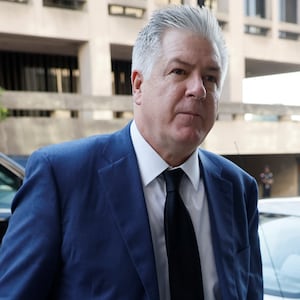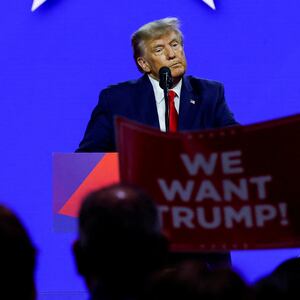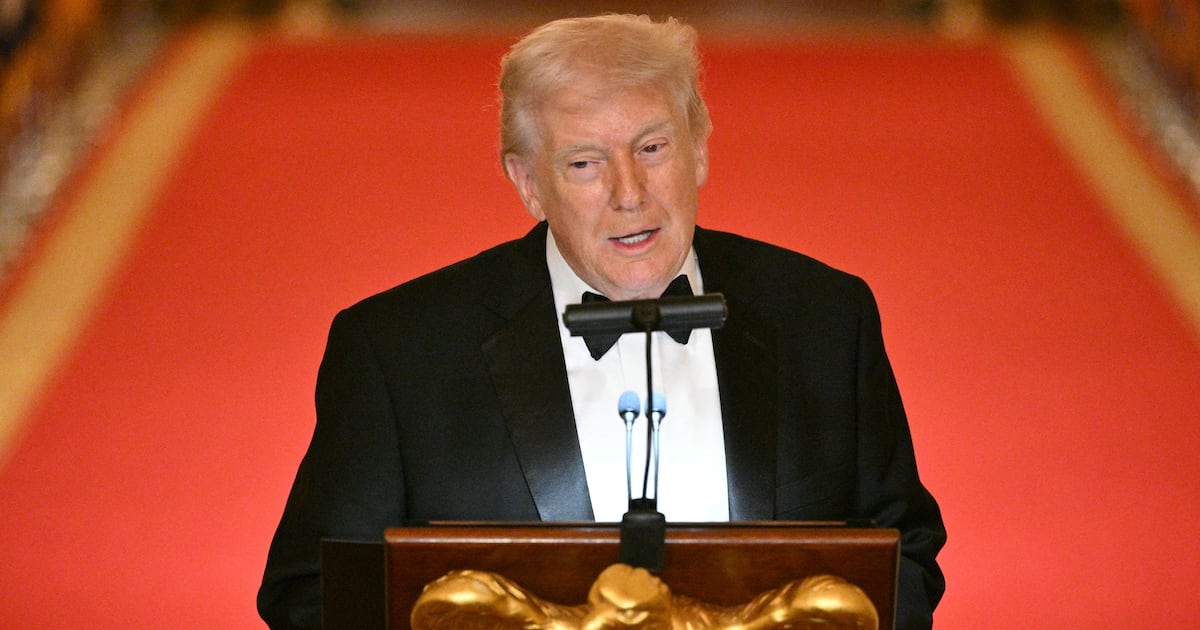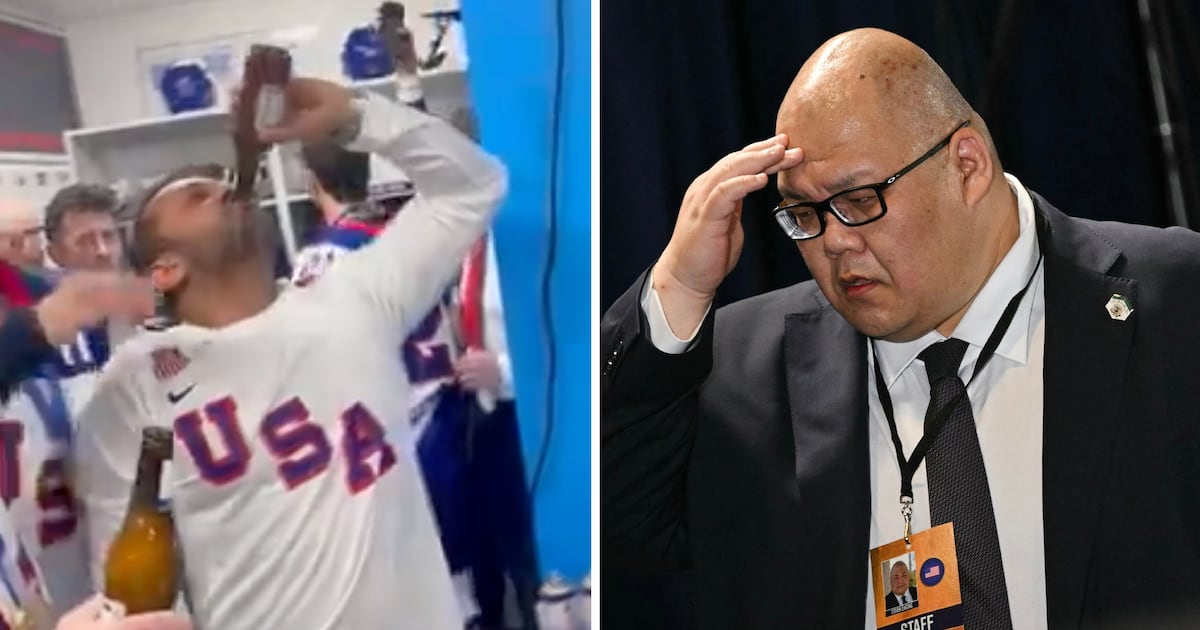On her final day as the top judge in the District of Columbia on Friday afternoon—in her final act—Chief Judge Beryl A. Howell did more than grant the Justice Department permission to question former President Donald Trump’s personal attorney. She actually took the rare step of handing over the lawyer’s notes to federal prosecutors, according to a person familiar with the arrangement.
In doing so, Howell may have planted the seeds for a future constitutional challenge. But in the immediate term, she’s handed Justice Department Special Prosecutor Jack Smith a parting gift: what she deemed evidence of a crime involving the former president improperly hoarding classified documents after he left office.
M. Evan Corcoran, a former federal prosecutor, has represented Trump in that classified documents scandal. And while Corcoran already has his hands full as Trump’s lawyer, the probe now appears to have put Corcoran in legal jeopardy himself.
According to a source, Corcoran’s professional notes about private communications with his client were turned over to Judge Howell, who was conducting an “in camera review”—a carefully controlled screening of confidential records that typically takes place in a judge’s chambers.
Judges who come to the conclusion that some legally protected and sensitive material must be turned over to an opposing side normally issue an order directing one side to do it, along with a deadline. Doing so gives the losing side the ability to appeal to a higher court—and prevent irreversible damage that could forever taint a case, according to two lawyers not involved in the case who spoke to The Daily Beast but asked not to be identified.
But Howell appears to have skipped that careful yet tedious approach—and just handed Smith a batch of documents that may show Trump and one of his lawyers planning a crime.
Either way, Trump’s legal team is left without recourse, and federal prosecutors have more evidence to bolster the next steps in their ballooning investigation.
“She’s taken all the legal relief out of their hands. If she orders them to do it, they can take up an appeal on an emergency basis. She may have been concerned from what she read in the documents. She may have not trusted them to comply with an order,” said David Cross, an experienced federal litigator at the Washington firm Morrison & Foerster who is not involved in the Trump case.
A spokesperson for the DOJ special counsel did not respond to a request for comment Friday night.
On Friday, as part of a sealed proceeding, Howell ordered Corcoran to provide additional testimony to the DOJ, CNN first reported on Friday. She decided that investigators could pierce the typically ironclad blanket of attorney-client privilege because of something called the “crime-fraud exception.” In essence, the judge found that whatever legal advice Corcoran gave to Trump was used in furtherance of a crime.
But in turning over his notes, Howell’s alleged actions stand in stark contrast with the more traditional approach taken by a federal judge in California who faced similar questions last year. In that case, the Jan. 6 Committee was trying to access documents protected by attorney-client privilege to explore how Trump employed conservative legal scholar John Eastman in an attempt to stay in power after losing the 2020 election.
U.S. District Court Judge David O. Carter concluded that “President Trump and Dr. Eastman more likely than not committed obstruction of an official proceeding… and conspiracy to defraud the United States.” But when he ordered on June 7, 2022 that Eastman turn over 159 documents to the congressional committee, he gave Eastman a day to comply.
Howell’s decision on Friday appeared to be her final one as chief judge of the extremely consequential D.C. court, which is home to many of the nation’s most pivotal policy debates, national security investigations, and constitutional challenges.
She was replaced by James Boasberg, another federal judge who was also appointed by President Barack Obama.
Howell’s last-minute decision in the Trump case could mark a turning point in the special counsel’s probe, because it has the ability to supercharge the investigation. But notably, the saga keeps playing out behind closed doors. Her orders in this case remain sealed, and the grand jury investigation continues in legally protected secrecy.
The total lack of transparency in this historic case—and the surprising ability of news journalists to still squeeze out details about the secret proceedings—became the subject of much humor during her goodbyes on Friday, according to Politico, which described her being “toasted and occasionally roasted.”
So while Trump’s legal skrimaging in open court against the New York Attorney General allows the American public to see how the Trump Organization has flouted subpoenas and slowed down investigators, this Justice Department effort continues largely in the shadows—even though the consequences could be far more serious.
Federal prosecutors have been exploring criminal charges against the former president for inciting the Jan. 6 insurrection, defrauding the nation and its courts with bogus election fraud conspiracies, and the way he refused to return classified documents kept at his South Florida oceanside estate of Mar-a-Lago long after leaving the White House.








